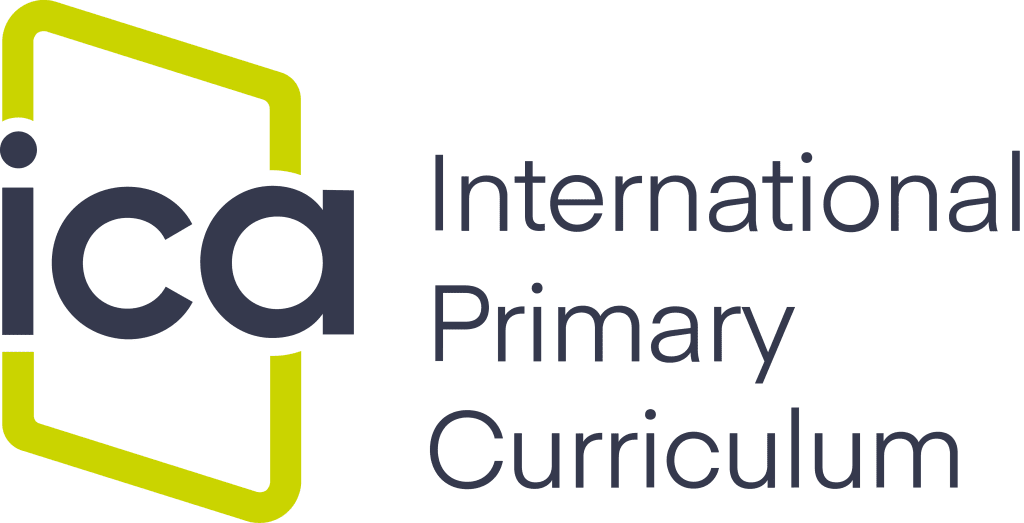
The International Primary Curriculum (IPC) is a comprehensive, thematic, and creative curriculum for children aged 5 to 12, used in over 1,800 schools worldwide. The IPC is designed to engage students through a series of thematic units that integrate subjects and promote international-mindedness. Each unit has specific learning goals in three main areas: Subject Goals, Personal Goals, and International Goals.
1. Structure of the IPC
The IPC is structured around thematic Units of Work, each lasting several weeks. These units provide a framework that integrates multiple subjects around a central theme, promoting a holistic learning approach. The IPC curriculum focuses on:
- Knowledge (what students know),
- Skills (what students can do), and
- Understanding (what students can apply in various contexts).
2. Key Learning Areas in IPC
IPC is divided into subjects like Science, History, Geography, Art, Technology, Music, Physical Education, and Society. These are combined within thematic units to promote interconnected learning.
3. IPC Personal Goals
The curriculum emphasizes eight Personal Goals that help students develop social and emotional skills:
- Adaptability: Adjusting to different circumstances and showing resilience.
- Communication: Expressing thoughts clearly and listening effectively.
- Cooperation: Working effectively in groups, respecting others’ ideas.
- Morality: Understanding right and wrong, displaying integrity.
- Resilience: Bouncing back from setbacks and being persistent.
- Respect: Appreciating others, cultural differences, and the environment.
- Thoughtfulness: Thinking critically and reflecting on learning.
- Enquiry: Being curious, asking questions, and seeking information.
4. IPC International Goals
The IPC has a strong focus on International Goals to develop global awareness. These goals encourage students to:
- Understand and celebrate cultural diversity.
- Become aware of global issues and their impact on people and the environment.
- Develop a sense of global citizenship and responsibility.
5. Sample IPC Units and Subject Focus
Each IPC unit is designed to explore a theme that integrates subjects such as Science, History, Geography, and the Arts. Here are some popular IPC units by age group, along with a subject focus.
Milepost 1 (Ages 5-7)
- Unit: All About Me
- Subjects: Science (human body and senses), Society (relationships), Art (self-portraits).
- Goals: To understand oneself, relationships with family and friends, and physical senses.
- Unit: Flowers and Insects
- Subjects: Science (plants, insects), Geography (habitats), Art (nature-inspired art).
- Goals: To appreciate nature, understand plant life cycles, and the roles of insects.
- Unit: Let’s Go on a Holiday
- Subjects: Geography (maps, climate), Society (cultural celebrations), Art (crafts related to places).
- Goals: To understand different climates, map skills, and cultural awareness.
Milepost 2 (Ages 7-9)
Unit: Active Planet
- Subjects: Science (natural disasters), Geography (volcanoes, earthquakes), Technology (disaster response).
- Goals: To understand earth processes, natural hazards, and disaster preparedness.
Unit: Time Detectives
- Subjects: History (archaeology, ancient civilizations), Geography (settlements), Art (ancient artifacts).
- Goals: To appreciate ancient history, archaeology, and cultural evolution.
Unit: Saving the World (Rainforests)
- Subjects: Science (ecosystems, biodiversity), Geography (rainforest geography), Society (sustainability).
- Goals: To learn about the rainforest ecosystem, human impact, and conservation efforts.
Milepost 3 (Ages 9-12)
Unit: Brainwave – The Brain and Learning
- Subjects: Science (brain function), Health (learning habits), Technology (memory aids).
- Goals: To understand brain functions, memory, and learning strategies.
Unit: Mission to Mars
- Subjects: Science (space, physics), Technology (engineering and design), Geography (space exploration).
- Goals: To explore space, the Mars landscape, and the science of space travel.
Unit: The Great, The Bold, and The Brave
- Subjects: History (Greek and Roman civilizations), Geography (Mediterranean geography), Society (cultural heritage).
- Goals: To study ancient civilizations, their achievements, and their influence on modern society.
Unit: Fairgrounds
- Subjects: Science (forces and motion), Technology (designing structures), Math (measurement, data collection).
- Goals: To explore principles of physics in everyday life and the design of amusement park rides.
6. Teaching and Assessment in IPC
Each unit follows a structured approach:
- Entry Point: A memorable start to the unit that engages students’ interest.
- Knowledge Harvest: Understanding what students already know and what they want to learn.
- Explaining the Theme: Contextualizing the unit’s purpose and goals.
- Research Activities: Hands-on exploration of topics across subjects.
- Recording and Reflecting: Documenting learning outcomes and reflections.
- Exit Point: A final activity that celebrates learning and showcases understanding.
Assessment in IPC focuses on evaluating Knowledge, Skills, and Understanding. Skills are assessed progressively over time, while understanding is often assessed through students’ ability to connect ideas and reflect on what they’ve learned.
7. Key Benefits of IPC
- Global Perspective: IPC promotes international awareness and cultural sensitivity, preparing students for a globally interconnected world.
- Thematic Learning: By connecting subjects through themes, students gain a holistic view and understand concepts in context.
- Skills-Based Assessment: IPC focuses on skill development and conceptual understanding rather than rote memorization.
- Flexibility: The curriculum allows for adaptation to local contexts and can be integrated with national curricula.







